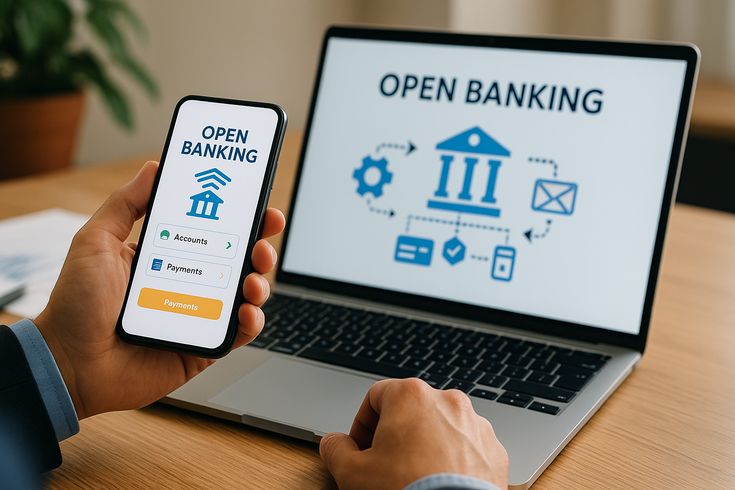The world of banking has evolved rapidly with digital transformation. Traditional paperwork and manual processes are steadily being replaced by faster, more sustainable, and secure digital methods. Today, individuals can open Bank Account online in minutes, manage finances seamlessly, and access services from the comfort of their homes.
Paperless banking not only improves convenience but also promotes financial efficiency by reducing time and effort and minimising environmental impact. As digital platforms become the preferred way to transact and communicate, going paperless has emerged as a smarter, greener, and more transparent approach to managing money.
What is paperless banking?
Paperless banking refers to the complete digital management of banking services without the need for physical documents. From account opening and verification to transactions and statements, every step is conducted online through secure platforms. This shift has redefined how customers interact with banks and have made banking simpler for individuals across all income levels.
When you online open Zero-Balance Account, the entire process can be completed digitally. Identification documents are uploaded electronically, verification is conducted through digital KYC, and account details are shared via email or mobile notifications. This approach not only saves time but also ensures accuracy and reduces the risk of document loss or misplacement.
Efficiency through digital processes
Paperless banking enhances financial efficiency by eliminating delays caused by manual paperwork. Customers can access and manage their accounts instantly, download digital statements, and make fund transfers or bill payments without visiting a branch. The convenience extends to financial planning as well. With instant access to records, users can monitor their spending patterns, review past transactions, and maintain better control over their budgets.
For businesses and individuals alike, this efficiency translates into faster decision-making and improved financial discipline.
Environmental and cost advantages
Paperless banking supports sustainability by reducing paper consumption and cutting down on printing and courier costs. Every digital statement or online form completed instead of printed contributes to environmental conservation. From an economic perspective, it helps banks and customers save time and resources.
Reduced reliance on physical paperwork means quicker communication, faster approvals, and lower operational costs, ultimately leading to more efficient banking experiences for all users.
A step towards smarter banking
Choosing to open a Bank Account online represents more than just a modern preference; it marks participation in a smarter, more connected financial ecosystem. Paperless banking offers accessibility, convenience, and efficiency while supporting environmental responsibility. For individuals who wish to start their financial journey easily, opting for an online open Zero-Balance Account provides a simple entry point into digital banking.
The process is secure, transparent, and designed to meet the needs of today’s tech-savvy users who value speed and sustainability.
Conclusion
Paperless banking is redefining financial efficiency by combining convenience with sustainability. As more people adopt digital practices, the benefits of time-saving, accuracy, and environmental care become even clearer. Embracing paperless methods ensures that your financial journey remains efficient, organised, and perfectly aligned with the digital age.





Comments